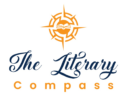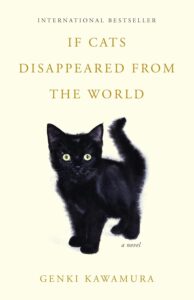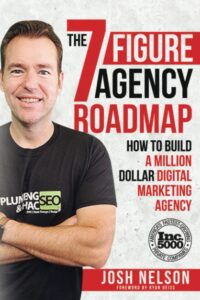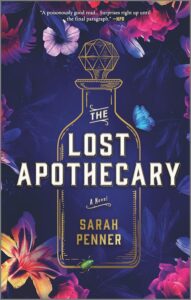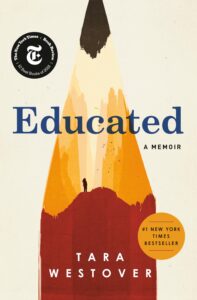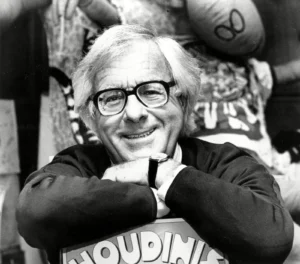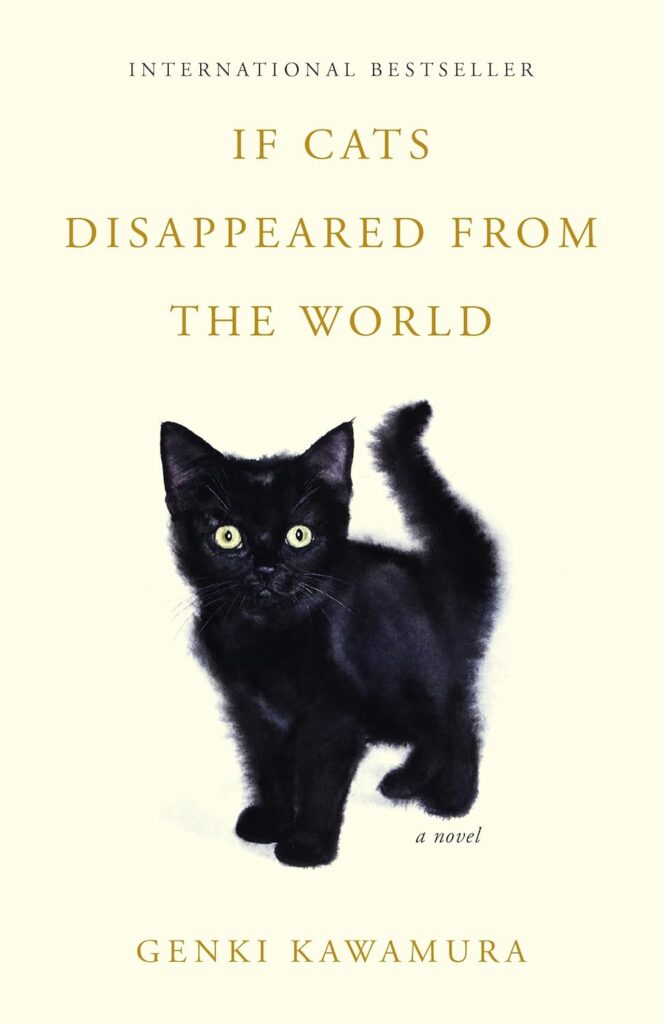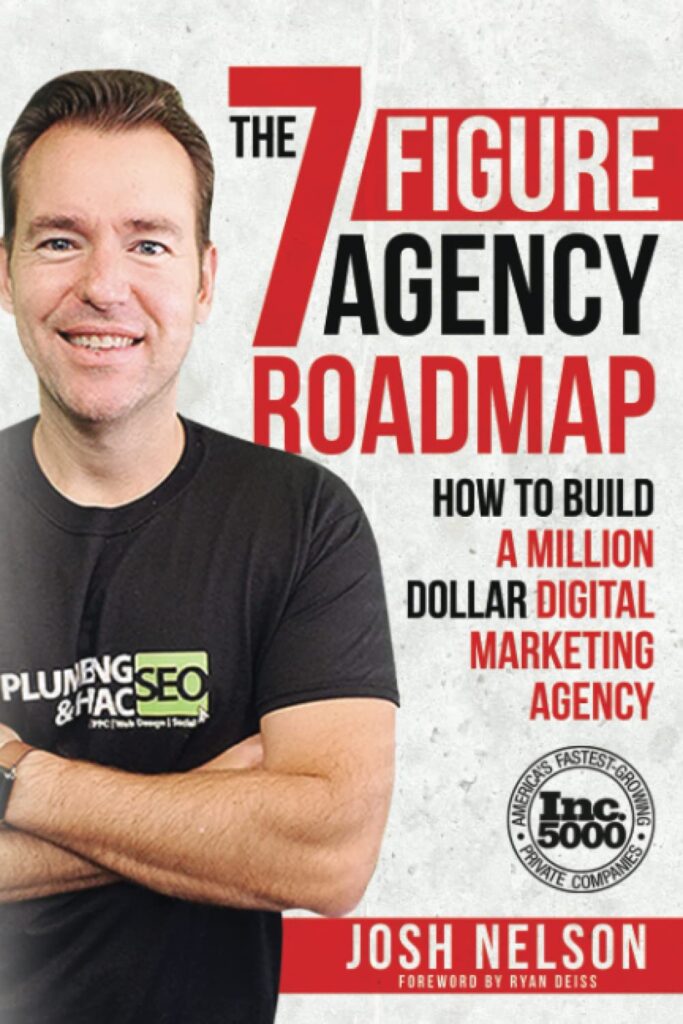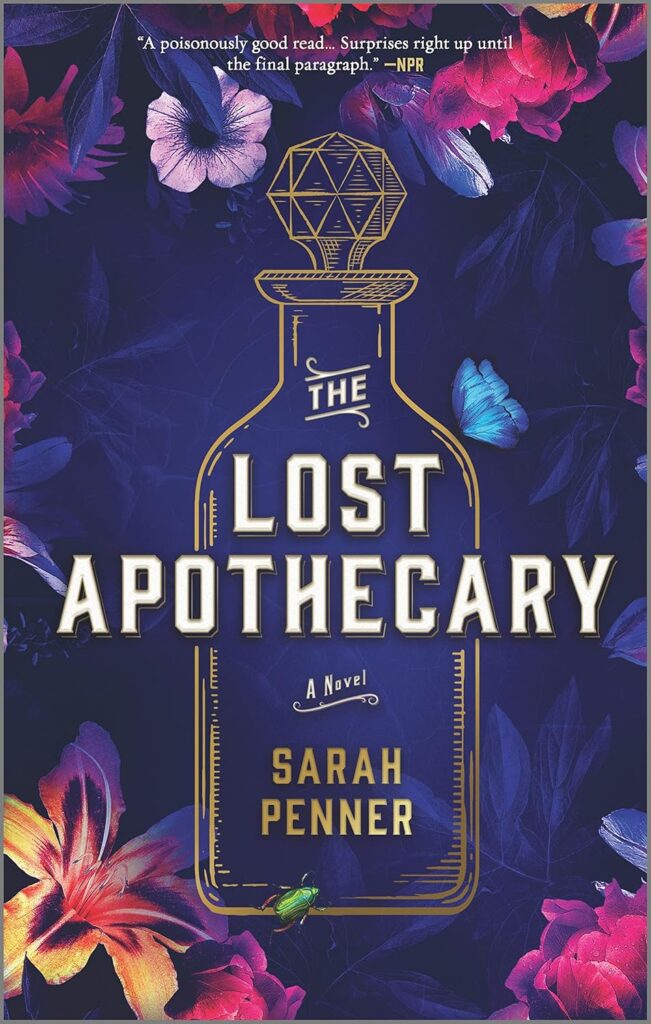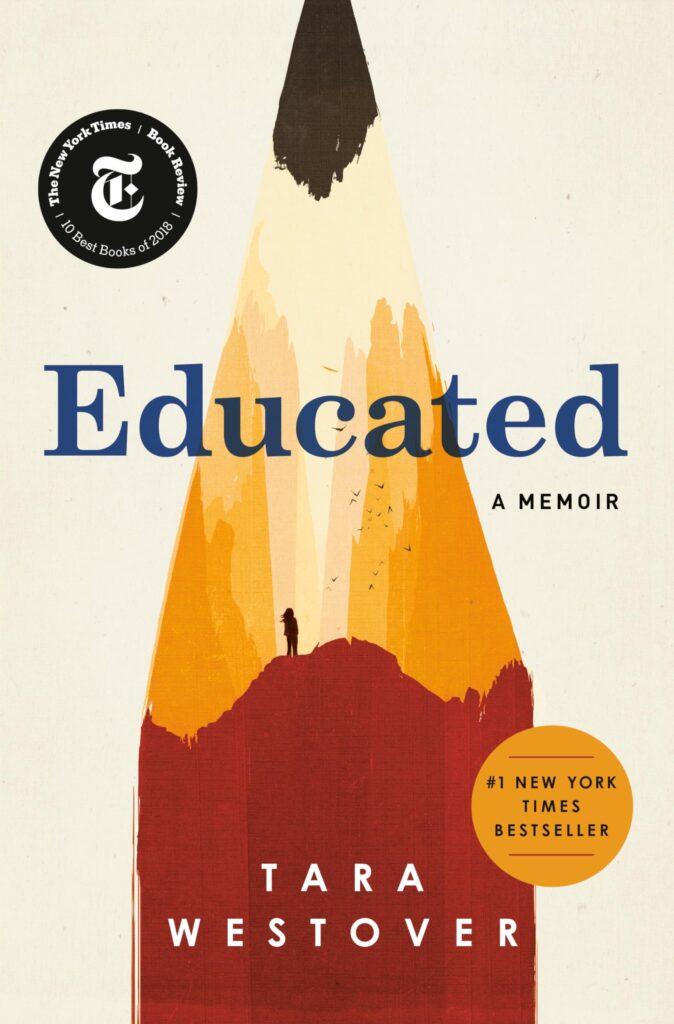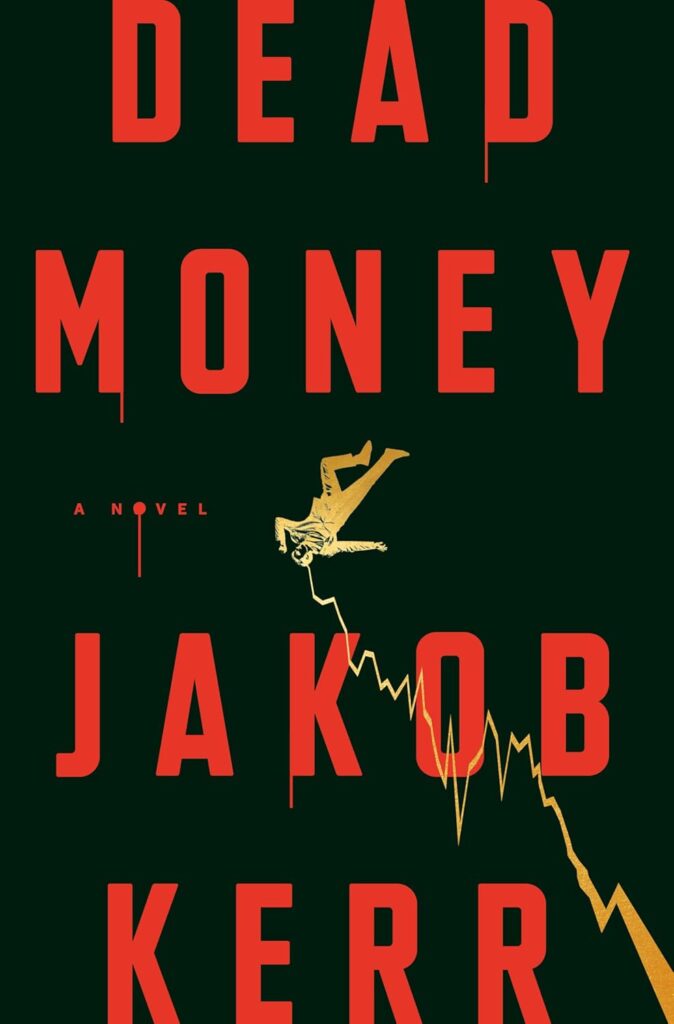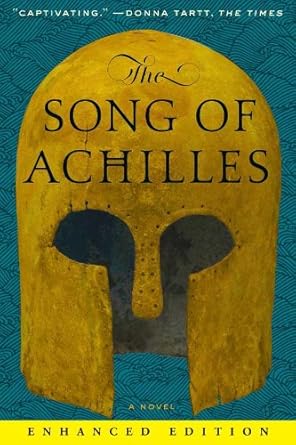Choosing the next book to dive into can feel like a monumental decision—somewhere between picking the right ice cream flavor and naming a child. It’s not just “reading a book,” after all. It’s the act of choosing worlds to explore, ideas to challenge, and characters to befriend (or despise—let’s not pretend that’s not entertaining). Pick the right book, and you’re in for a transformative ride; pick the wrong one, and, well, you’re stuck wondering why you even bothered.
But don’t despair—there’s a secret weapon at your disposal: the AI Book Recommender over at The Literary Compass. This handy tool doesn’t just spit out random titles, oh no. It’s designed to understand your reading tastes and offer personalized suggestions to help you find your next literary obsession. Because why leave your bookish fate up to chance when you can enlist a bit of algorithmic magic?
Table of Contents
Understand Your Reading Preferences
Ever stared at your bookshelf or your e-reader’s recommendations and felt like you were gold panning in a river of titles, hoping to find a gem? Trust me, that’s the existential crisis all bookworms face. But—here’s the thing—you’re already halfway there if you know your own reading preferences. Much like food cravings or your inexplicable fixation on your favorite sitcom, your perfect book choices start with understanding the “why” behind your reads.
Determine Your Purpose for Reading
First, let’s talk motivation. Are you turning those crisp pages to escape into wild imaginations? Getting inspired by someone else’s triumphs? Gaining a working knowledge of astrophysics for no particular reason other than trivia night domination? Knowing your purpose helps narrow the ever-growing book list.
Here’s a quick cheat sheet:
- If entertainment is your goal, you’ll likely lean toward genres like fiction, fantasy, or thrillers. Think escapism but with characters who’ll pause mid-crisis for sarcasm (a personal favorite).
- If it’s about education, classics, non-fiction, or specialized topics will be your go-to. After all, there’s no better way to feign intellectual superiority at parties than quoting an obscure study you read in a weighty tome.
- For inspiration, stick to memoirs, self-help, or even deeply emotional fiction. Who doesn’t love a protagonist who overcomes nearly insurmountable odds while we’re still in sweatpants at noon?
When you know what you’re hunting for, the search becomes simple. Tools like The Literary Compass’s AI Book Recommender can assist in matching your goals with spot-on selections. It’s like a bibliophile’s genie, minus the three-wish limit (you’re welcome).
Analyze Past Favorites for Patterns
Now, let’s take a stroll down Nostalgia Lane. Tell me—what’s on your “favorite books” list? Don’t have one? No worries. Look at your past reads, or even the odd impulse purchases currently collecting dust.
Start analyzing like a borderline detective:
- Tone & Mood: Did you enjoy whimsical and laugh-out-loud funny, or something dark with brooding characters? Your vibe drives your picks.
- Pacing: Are you here for slow-burn epics that take their time, or fast-paced thrillers that feel like literary caffeine?
- Settings & Themes: Do you have a soft spot for books set in historical times, distant planets, or, well, small-town bakeries solving mysteries?
Bonus points if you find patterns you weren’t expecting—like always gravitating toward stories about rebellious antiheroes. That knowledge empowers your choices next time you step into a bookstore or scroll online. For tips on harnessing these insights for sharper reading decisions, you may find this comprehensive exploration of reading identities particularly useful.
By unearthing these patterns and understanding your purpose, your next book selection will feel less random and more “this was meant just for me.” So go ahead, investigate yourself. It’s shockingly more rewarding than a personality quiz, minus the weird question about what kind of vegetable you’d be (seriously, zucchini?).
Explore Recommendations and Resources
Finding your next read shouldn’t feel like solving a Rubik’s Cube in the dark. Thankfully, we live in an era brimming with creative resources to point us in just the right direction. If you’ve ever wished for a blend of precision and serendipity in your book choices, then grab your metaphorical reading glasses, my friend. Below are some great strategies and tools, because no one should wander aimlessly in the infinite literary aisle.
Use Personalized Tools and AI Recommendations
Let’s talk about why personalized tools are game-changers for us indecisive readers. Imagine having a librarian, a book club, and a psychic mashed into one—welcome to the magic of AI. The AI Book Recommender on The Literary Compass does just that. It sifts through oodles of titles, filtering recommendations based on your tastes, mood, and maybe even your current existential crisis (kidding, but wouldn’t that be spectacular?). Whether you’re searching for your next cozy mystery or an obscure anthology, you’ll get options that fit you better than a custom-tailored outfit.
The best part? It eliminates the dreadful analysis paralysis. You know, that awful “What-do-I-read-next” spiral where you spend more time googling titles than reading any actual words. Tools like this shine because they focus on you—your preferences, your quirks, even your love for books you secretly hate but can’t stop reading.
For those curious about other innovative platforms, sites like Whichbook add an emotional twist, enabling you to filter books by feelings or themes rather than just genres. It’s like a mood ring, but for books.
Seek Advice from Trusted Sources
Ah, the tried-and-true method of asking actual humans for advice—novel, isn’t it? (Pun very much intended.) Friends, book clubs, librarians, and even that one person who’s always posting about books on social media can be treasure troves of suggestions. Let’s not forget that sometimes these folks know your reading preferences better than you do—I mean, who else remembers that you went through a vampire romance phase in college?
Librarians, in particular, are unsung heroes in your quest for a good book. They’re like literary matchmakers with encyclopedic knowledge of what’s worth reading and what you can safely ignore. Articles like A Librarian’s Guide to Choosing the Right Book for You offer practical tactics straight from the experts themselves. Spoiler alert: their advice usually begins and ends with, “Read what you love,” which may just be the best advice ever.
Joining a book club can add another dimension to your reading life, exposing you to perspectives and genres you may not have explored otherwise. Plus, you’ll sound smarter when you casually mention, “Oh, my book club is currently discussing this.”
Explore Online Book Communities
If there’s one thing the internet does well, it’s connecting strangers over oddly specific obsessions—like books. Platforms such as Goodreads are havens for bibliophiles. You can see what your friends are reading, snoop through countless reviews, and even create a wish list for your future literary escapades. It’s like social media, but exclusively for nerding out over novels (and who doesn’t want that?).
Reddit is another goldmine. Subreddits like r/books are full of discussions, debates, and random people just as obsessed over books as you are. Want to know what to read next? Post about your favorite book and watch suggestions pour in faster than a coffee refill at your favorite diner.
For those who enjoy curated experiences, newer platforms like Bookfinity dive into personalizing recommendations. Just answer a few questions about your reading personality, and voilà—you get tailored suggestions that feel refreshingly on-point. It’s like online dating, but for, you know, books.
These communities bring the additional joy of shared experiences. Nothing beats the thrill of debating plot twists or gasp-worthy endings with strangers, bonding over literary heartbreaks and triumphs alike. It’s proof that even in a digital age, the written word still connects us.
Experiment with New Approaches to Choosing Books
Let’s be honest, picking your next book can sometimes feel more daunting than assembling IKEA furniture without instructions. We’ve all stared at our endless “To-Be-Read” lists or browsed shelves until our eyes glazed over. But what if you swapped the decision-making anxiety for a little adventure? Unpredictable methods can turn the seemingly mundane act of selecting your next read into something genuinely fun. No need for spreadsheets—let’s inject some spontaneity into this process.
Mood-Based Reading Choices
Here’s a thought: let your current mood decide your next literary adventure. Think of it as letting your emotions curate your personal library. It’s no secret that the books we enjoy often align with how we’re feeling—or how we want to feel. Some days, we crave heartwarming tales that wrap us in a metaphorical blanket, while other times, a dark, twisty thriller scratches the itch.
Here’s how you can harness your mood for better book selections:
- Feeling nostalgic? Revisit a classic or a coming-of-age story. There’s comfort in familiar, timeless tales.
- Need a boost of courage? Memoirs of resilience or self-help books might do the trick.
- Stuck in an existential rut? Give philosophy or speculative fiction a try—because why not question the meaning of everything?
- Craving excitement? Go for fast-paced mysteries or action-packed adventures that refuse to let you put the book down.
For those who want some help nailing mood-based picks, tools like the AI Book Recommender on The Literary Compass can transform your current emotional state into intriguing book suggestions. You tell it your vibe, and it delivers titles that feel oddly tailored to you. It’s like horoscopes, but with guaranteed satisfaction.
TBR (To-Be-Read) Jar or Game
If the stack of unread books on your nightstand has transformed into a leaning tower of guilt, consider turning the whole thing into a game! The TBR Jar method is perfect for decision fatigue. Here’s how it works: you write the names of your unread books on slips of paper, toss them into a jar, and draw one at random. The element of surprise makes selecting your next read feel like unwrapping a gift—or playing bookish roulette.
Want to add an extra layer of fun? Spice it up with thematic challenges. For example:
- Genre Spin: Use a spinner app or dice to randomly select a genre and then pick a book within that category.
- Alphabet Game: Choose a book whose title (or author’s last name) starts with a specific letter.
- Seasonal Picks: Assign books based on the seasons or holidays—winter reads often pair nicely with hot cocoa and cozy blankets.
There’s even a fantastic array of creative tips online. For example, resources like this guide explore playful approaches, including using specific prompts to drive your choices. If the thought of deciding on your own makes you cringe, this strategy removes the agonizing deliberation, letting luck (or fate, if that’s your jam) guide the way.
Making book selection a fun, randomized ritual injects excitement into the process. It also keeps things fresh, especially if you’re feeling bored with your usual methods. When every choice feels unpredictable, every read becomes an unexpected adventure.
Commit to Your Choice
So, you’ve taken the time, sifted through recommendations, maybe even asked the AI Book Recommender to step in like a literary matchmaker. Now you’re staring at your chosen title, wondering—“What if this one’s a dud?” The beauty of reading is that while it feels like a commitment, it’s also not one sealed in blood. It’s more like dating minus the awkward silences; you have the freedom to test the waters before diving in completely. Let’s chat about how to approach this commitment without the dread of a literary dead-end.
Read First Chapters Before Committing
Have you ever walked into a bookstore, flipped open the first page, and suddenly felt like you just unlocked a magical door? Or, better yet, did you start reading and feel like you were trying to connect with someone wearing noise-canceling headphones? The first chapters are like a book’s handshake––they say so much about what’s to come. Skipping this step is like ordering a mystery dish at a restaurant; sure, it could be mind-blowing, but you’re just as likely to regret your life choices.
Think of this as your test drive. Here’s what to look out for in those crucial opening pages:
- Does it hook you immediately? A favorite opening line can feel like running into an old friend. If it captures your attention, that’s a green flag.
- Does the writing style resonate? Ever start a book and feel like you’re reading a foreign language? That’s not a hill you need to climb unless you’re genuinely up for it.
- Are the characters leaving an impression? You don’t need to like them right away, but they should at least intrigue you.
This isn’t about being overly critical—it’s about ensuring you’ll enjoy the hours spent inside the pages. And remember, help is always one click away. Tools like the AI Book Recommender can help narrow choices and ensure you’re not wasting precious reading time on the wrong book match.
Allow Flexibility in Choices
Let’s say it: not every book is going to spark joy. You might pick one up because it’s “a classic,” or Oprah mentioned it, or your friend gave it rave reviews. And then—meh. If reading it feels like pushing a boulder uphill, the problem isn’t you—it’s the pairing. Kind of like wearing shoes that looked good in the store but are now pinching in ways you didn’t know were possible.
Here’s the permission slip you didn’t know you needed: it’s okay to stop reading a book. Yes, even if you bought it, even if everyone loves it—you’re not obligated to finish. Reading should feel more like eating dessert and less like filing your taxes.
If you need further proof, check out the philosophy behind flexible reading from communities like Reddit’s book enthusiasts, where readers openly share their own ditched books and why. Sometimes dropping a book mid-read can actually rekindle your love for reading—it keeps you excited about finding the right book.
Let flexibility guide you. Whether you’re experimenting with different genres or returning to that trusty favorite author that feels like home, the key is to let reading remain a delight, not a chore. Because, let’s face it, wouldn’t you rather spend your time on something you truly love?
At the end of the day, everyone’s reading journey meanders, switches tracks, and sometimes nosedives into regret—but that’s part of the fun. Trust your instincts, embrace the freedom to walk away, and know there will always be another perfect book waiting for you.
Conclusion
Choosing your next book doesn’t have to feel like navigating a labyrinth without a map. Armed with an understanding of your preferences, a touch of curiosity, and a willingness to experiment, the process becomes less about indecision and more about discovery. Whether you rely on age-old advice, embrace mood-based selections, or turn to modern tools, you’ll find the joy in the journey.
For those looking to streamline the experience, the AI Book Recommender is your ultimate sidekick. It tailors suggestions to your unique tastes, making the search for that perfect book both exciting and oddly satisfying. So why not give it a whirl and let technology guide you toward your next great read?
The next time you find yourself staring at an overwhelming book list, remember: the key is not to overthink. Explore, experiment, and, most importantly, enjoy. Because every book you choose is a step closer to finding a story that feels like it was written just for you.
